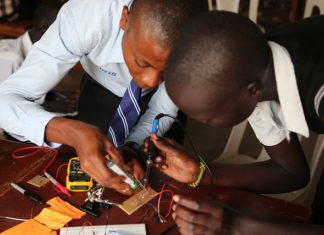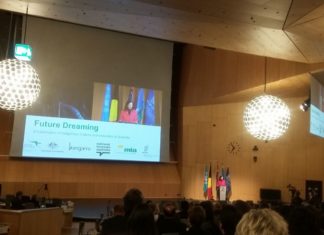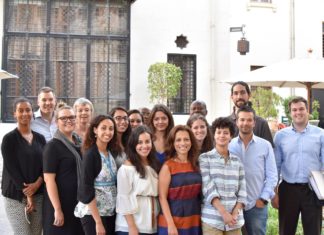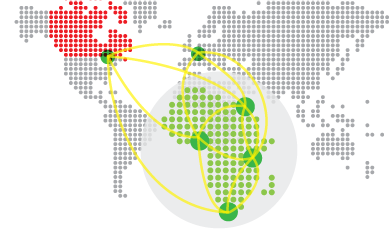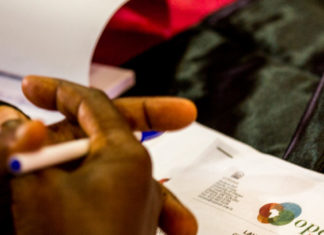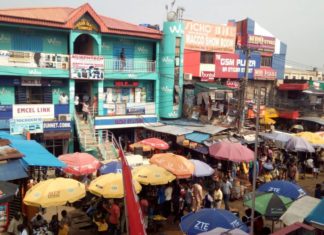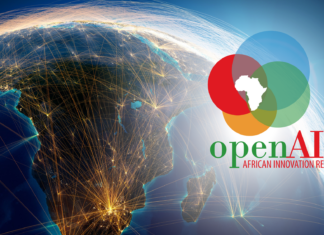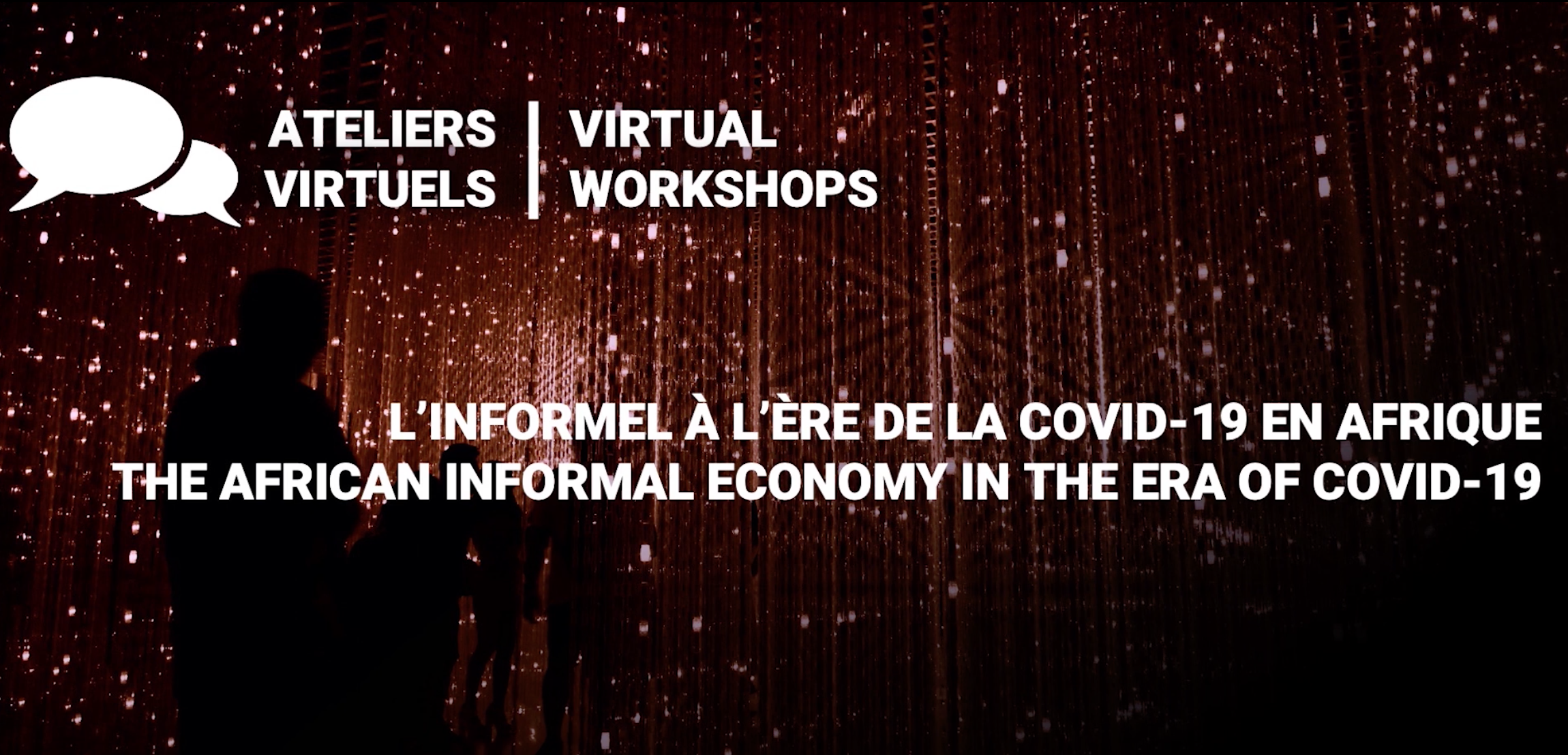Highlighting Inclusion of Marginalized Voices at International Conferences: A NERG’s experience
By Nicole Tumaine
Over the past four months, I have had the privilege of attending three international conferences as a panelist thanks to the generous...
WIPO 33rd IGC Session Puts Traditional Cultural Expressions (TCEs) on the...
The WIPO-IGC recently commenced the next installment of its deliberations for a text-based instrument that focuses on the protection of traditional cultural expressions (TCEs), pursuant to its mandate. There are two scheduled forums on TCEs beginning Feb 27-March 3 and to be completed in June 2017, which will round off the Committee’s work for the 2016-17 biennium.
June Open AIR Network Meeting in Cairo
When SSHRC and IDRC awarded sizeable, prestigious grants to support Open AIR in its third phase of research, the Network’s leadership promptly organized a face-to-face meeting at its North African Hub, the American University of Cairo. While a great strength of Open AIR is its ability to coordinate its research and administrative tasks remotely across its various hubs, personal meetings are invaluable when the Network needs to deal with specific overarching strategic issues.
Open AIR Case Study Nairobi Workshop
In the first week of April 2016, the Open African Innovation Research and Training (Open AIR) network held a three-day workshop at our Nairobi hub, Strathmore University. The workshop included the Open AIR team and was primarily organized to bring together all the successful case study researchers in order to review, refine, and brainstorm about their upcoming research. There was also significant activity on Twitter, which can be read about here. All the case studies that Open AIR is funding fall under at least one of our major research themes: high technology hubs, informal sector innovation, indigenous entrepreneurship, and metrics and policies.
Les Fablabs en Afrique : une utopie à l’épreuve des...
By Thomas Hervé Mboa Nkoudou
Du 6 au 10 mai 2018, la ville de Dakar accueillait le Festival Afropixel 6 sur la thématique « Utopies non-alignées :...
Beating the Odds: NERG Virtual Brownbag Presentations Kick-Off
The Open AIR New Emerging Researchers Group (NERG), under the leadership of Esther Ekong and Adel Osama, organized a virtual meet-up series, which kicked...
Open AIR NERG presents at Windsor Symposium on Copyright User Rights...
By Uchenna Ugwu
How can “user rights” and exceptions to copyright be used most effectively to ensure access to knowledge for all? This question is...
Reconciling Intellectual Property Rights and African Development: The Right to Development...
By Uchenna Felicia Ugwu
In September 2017, the Thabo Mbeki Foundation and the Centre for Human Rights (CHR), Faculty of Law University of Pretoria gathered together...
2024 Global Health Security Conference Event
By Charlotte Galvani and Jeremy de Beer
Negotiations toward a new international treaty on pandemic preparedness and response have failed to reflect a rights-based consensus...
Open AIR initie un débat intra-africain sur l’informel à l’ère de...
Par Abdelhamid Benhmade
En collaboration avec le Centre de recherche en droit, technologie et société (CDTS), DST/NRF/ Newton Fund Trilateral Research Chair in Transformative Innovation, et,...

